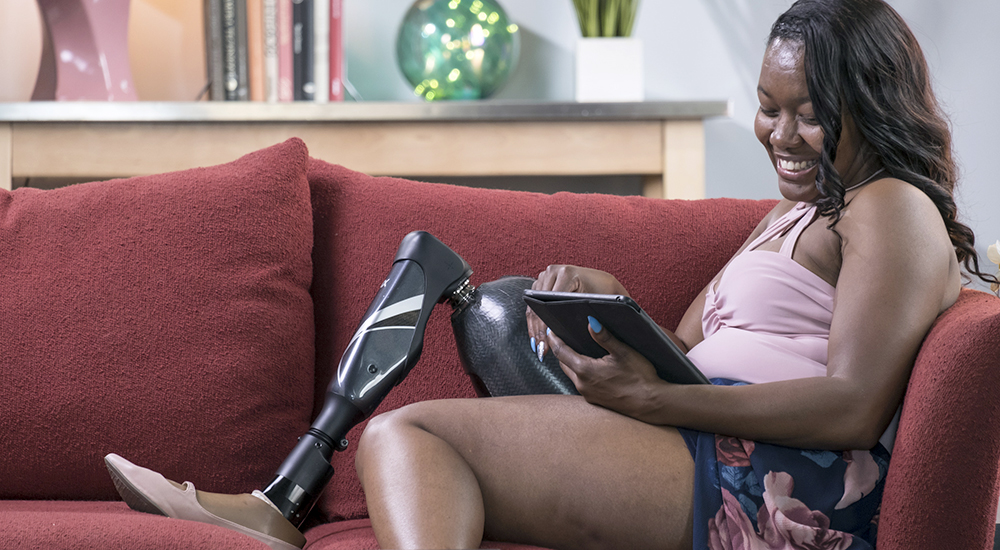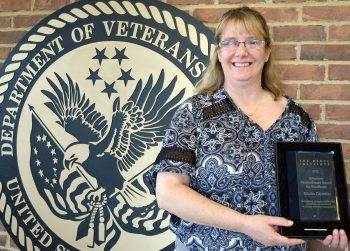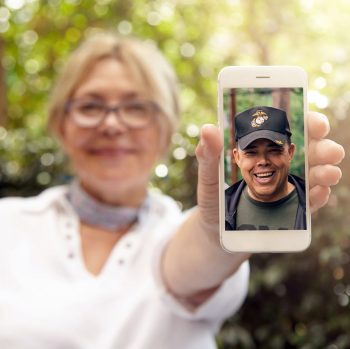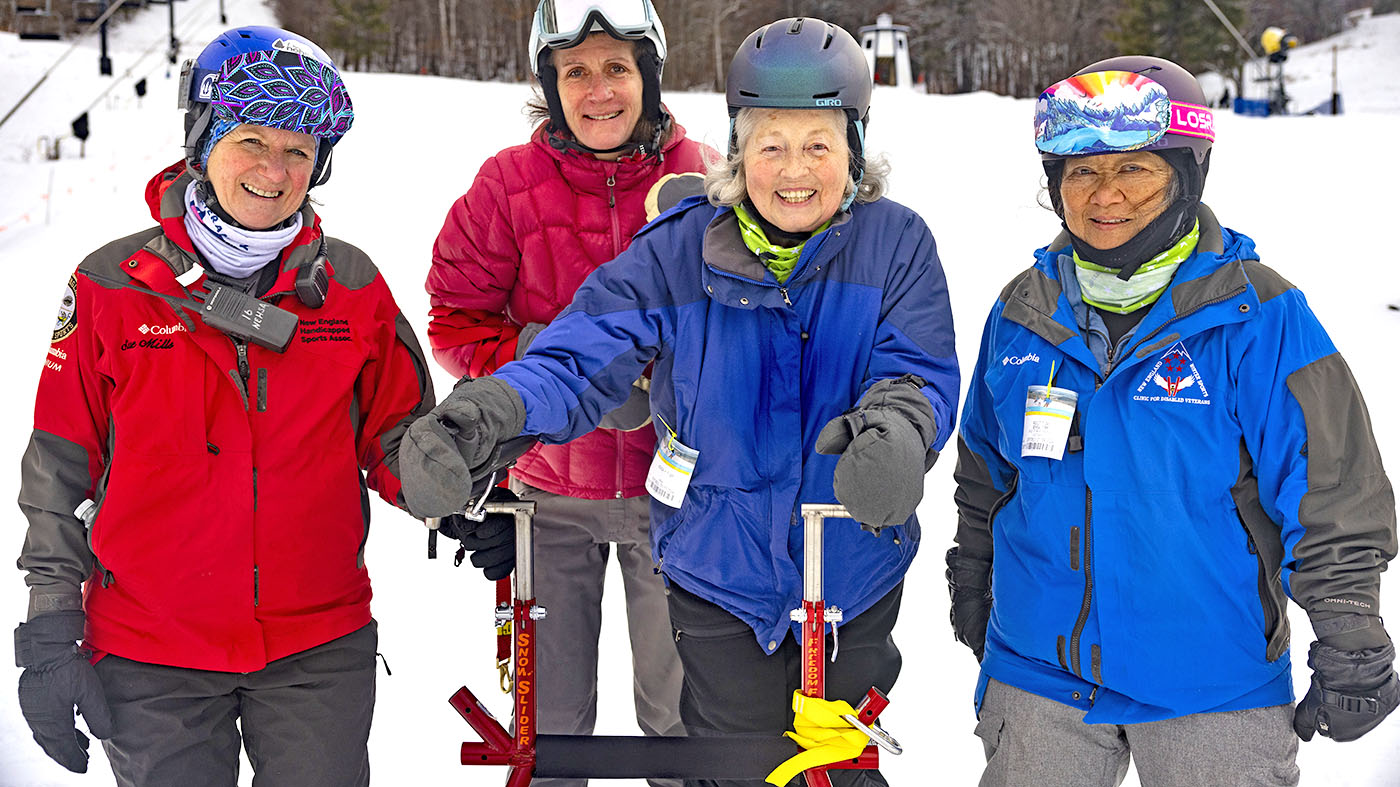The Compassionate Contact Corps is a pre-clinical social prescription program. It offers social support to Veterans who are experiencing loneliness or are socially isolated.
The virtual program allows volunteers to connect with Veterans in rural areas and, sometimes, across the country.
The program’s team at St. Louis VA placed second among international competitors for The Beryl Institute’s Organizational Innovation Award.
Maura Campbell, voluntary service specialist at the VA St. Louis Healthcare System, has received The Beryl Institute’s Individual Healthcare Professional Award for Excellence for her work implementing VA’s Compassionate Contact Corps.
Campbell serves as one of five implementation mentors around the country determined to help other sites implement their programs successfully.
Campbell discussed the Compassionate Contact Corps’ impact.
How did this program get started?
From a simple phone buddy program, the Compassionate Contact Corps was born. As the quarantine stretched from weeks to months, many of our VA social workers saw the need to continue referring new clients to the program to combat social isolation.
We have added new volunteers from our untapped VA volunteer family to meet this increasing need and now over 100 VA medical facilities in some stage of implementation.
What do you think is the Compassionate Contact Corps (CCC) program’s key to success?
The CCC expanded rapidly due to the pandemic, the increased need for social interactions for Veterans and a core group of coordinators who have developed materials for the program and served as implementation mentors.
What type of outside support have you received?
We have garnered support from several Veterans Service Organizations (VSO) and civic organizations. We have partnered with the American Red Cross which made the CCC their signature program. In addition, we have agreements with AARP and Rotary International to utilize their volunteers.
Why is this program important to you?
This program, as well as the Volunteer In-Home Visitor Program, have always been my passion. I know as human beings we need companionship to survive. We were created to be social and this program helps those most in danger of becoming depressed due to lack of human contact.
It’s in finding common good among our fellow humans that we thrive so I’m grateful to have been afforded the chance to help make these connections through my job. It doesn’t get much better than that.
Who benefits?
Our Veterans get an engaging social interaction with a volunteer. Our volunteers get to help Veterans on a very personal level. And our caregivers get a brief respite in the knowledge that their Veteran is having conversation with a volunteer. And our staff benefits from having an option for a social prescription for the Veterans they feel are isolated.
We are doing amazing things to improve patient experience for our Veterans at VA. Helping Veterans connect with other people is one of the greatest gifts we can give.
Is there anything else you’d like people to know?
I am humbled and honored to be recognized for my work with the Compassionate Contact Corps.
I would like to thank our team both locally and nationally. They’ve taken the program and supported it, implemented it, and shared it far and wide.
The award is part of The Beryl Institute’s International Patient Experience Innovation Awards and recognizes a healthcare professional who has created or led an innovation which resulted in positive change. Other criteria include leadership, influence, perseverance, and caring.
To date, over 100 VA facilities have implemented variations of the Compassionate Contact program. To participate, Veterans must receive a referral from their VA clinician.
According to its website, The Beryl Institute’s PX Innovation Awards provide a platform for sharing and celebrating great work across the globe to improve the human experience in health care. For information on The Beryl Institute, visit www.theberylinstitute.org.
Prince Taylor is a Navy Veteran and deputy director of VA’s Center for Development and Civic Engagement, and an Ed.D. candidate at Vanderbilt University.
Topics in this story
More Stories
Army Veteran Gregory Zielsdorf recounts his experience on the kidney donor list and through the transplant surgery.
Spinal cord stimulation implantation helps Veterans suffering from chronic pain improve their quality of life without narcotics.
After Addison’s Disease and lumbar spine surgery, nurse Veteran Gayle Smith re-learned how to ski. “You have more courage than you think.”








